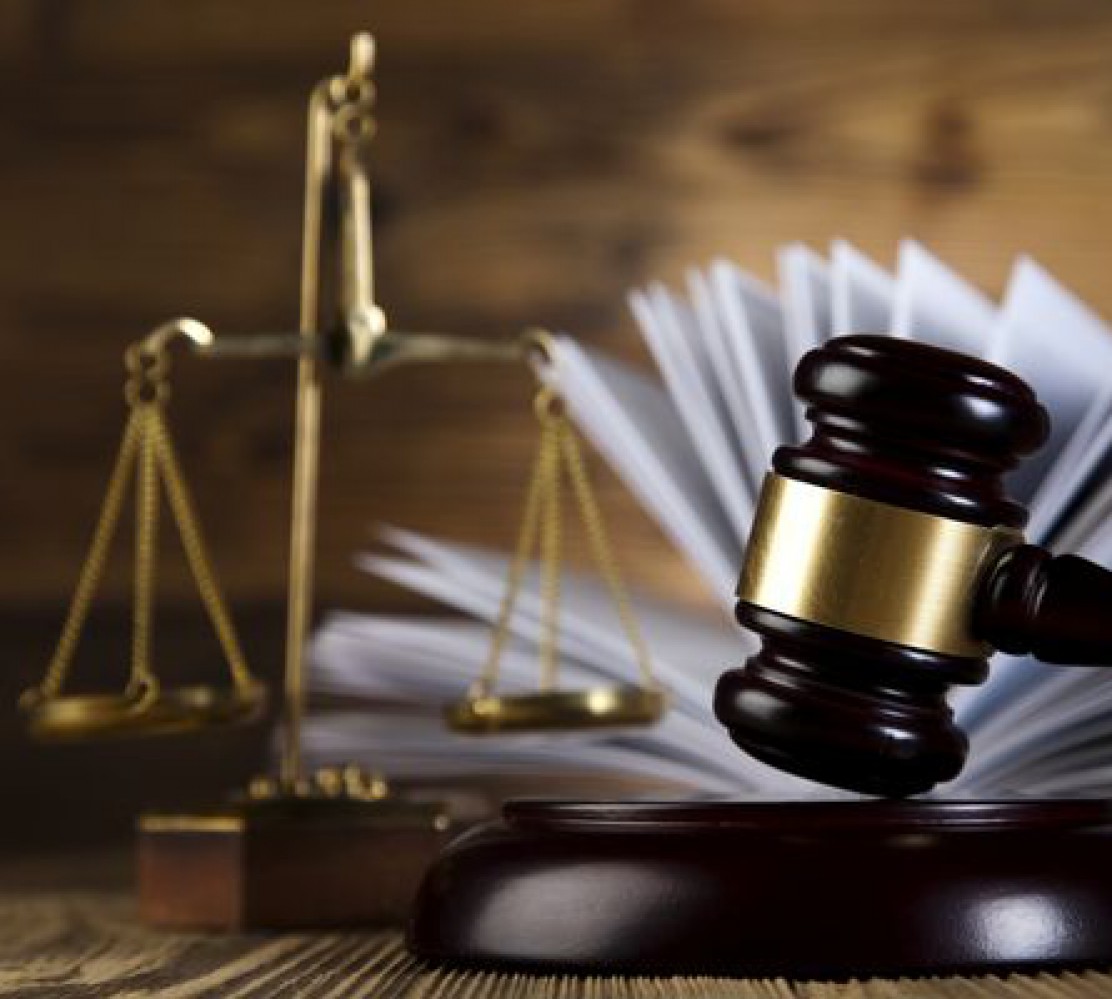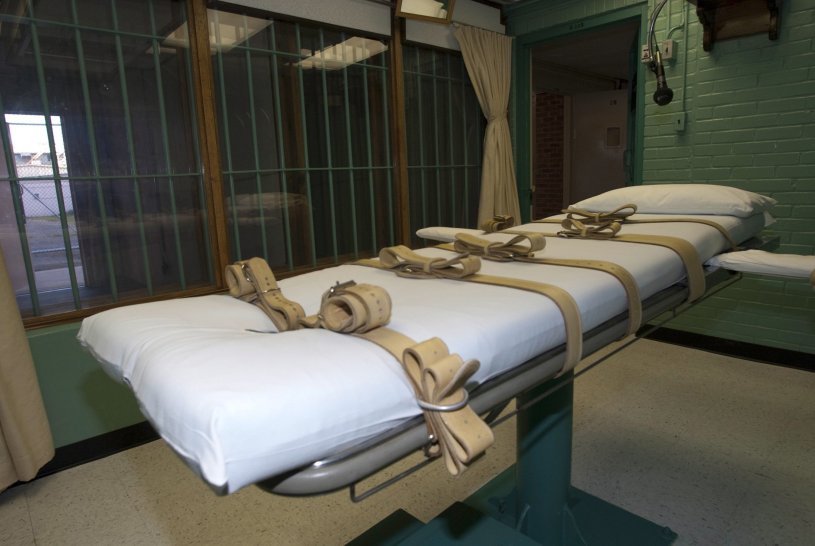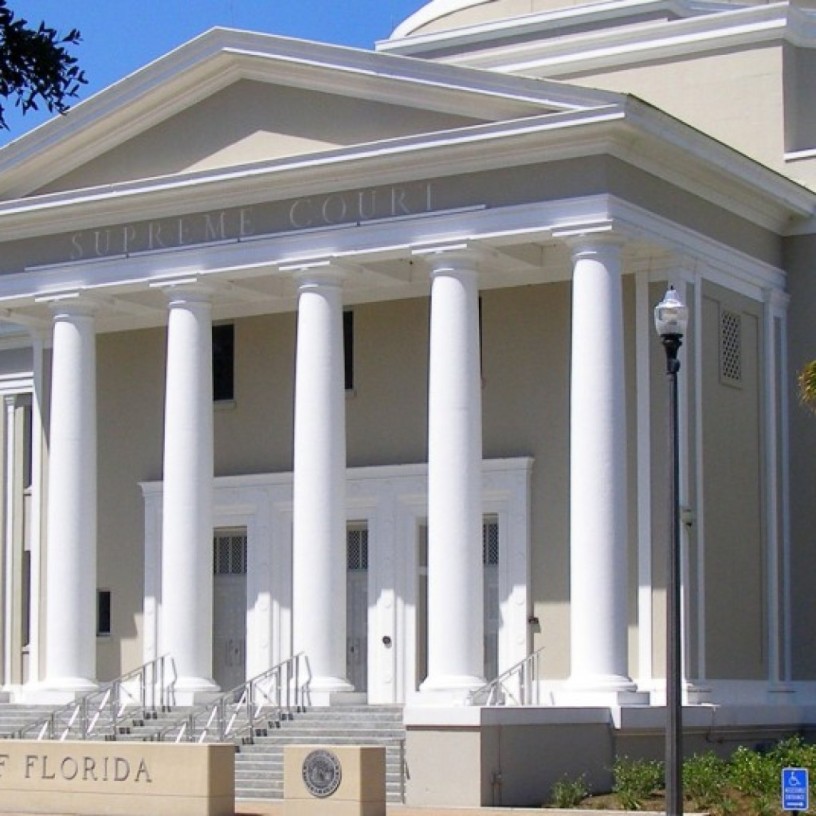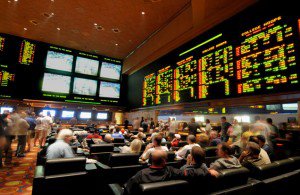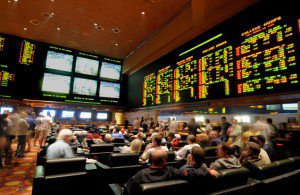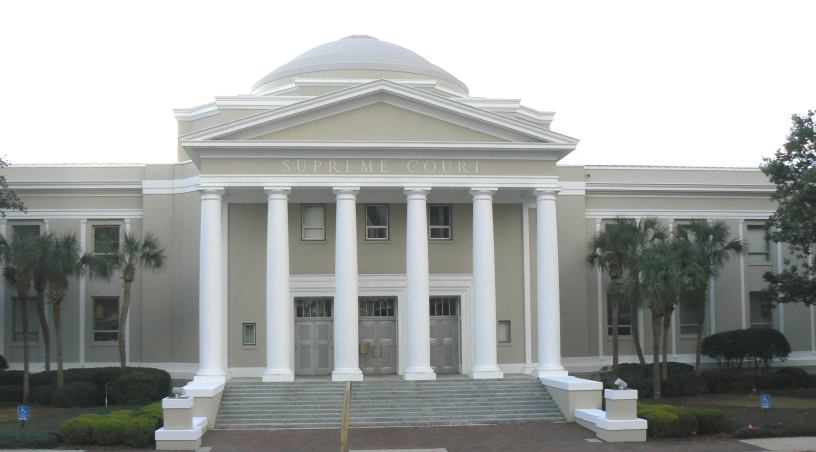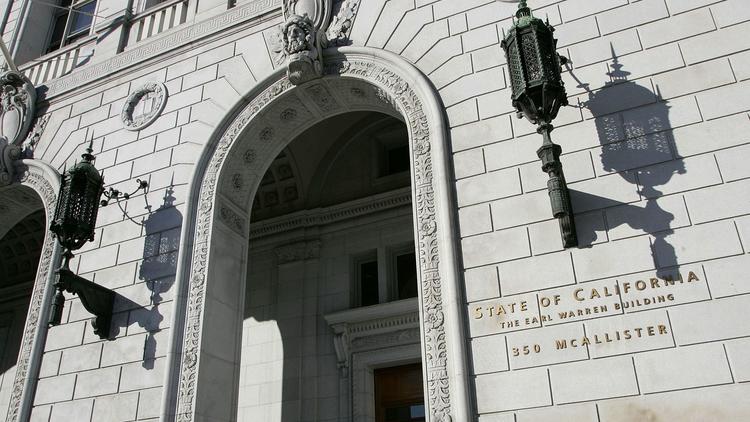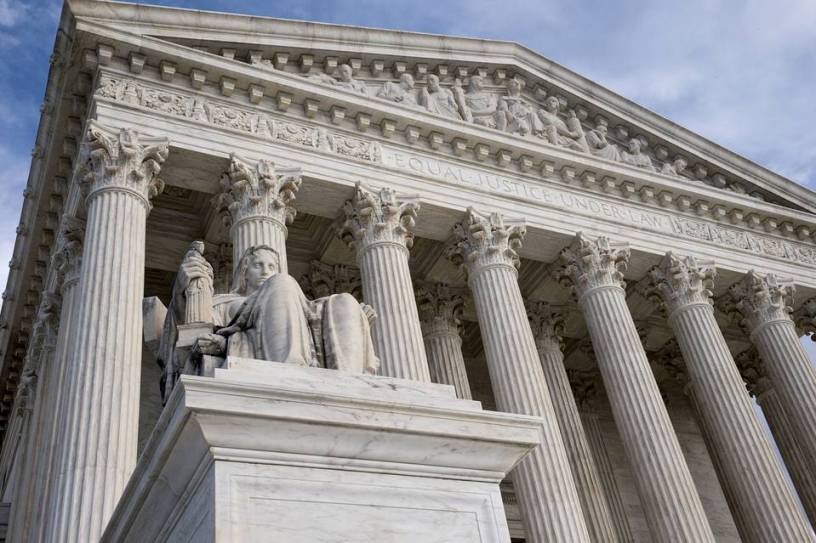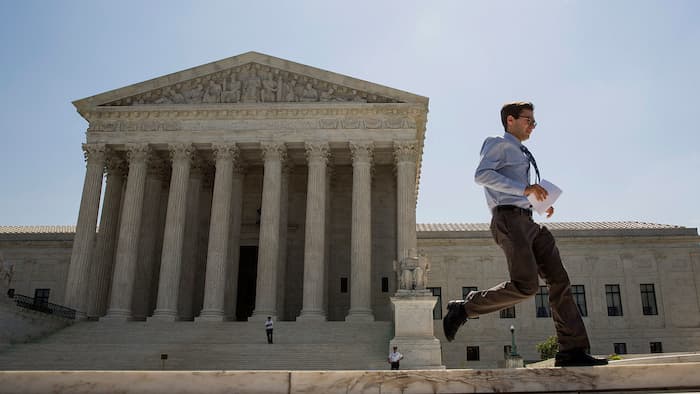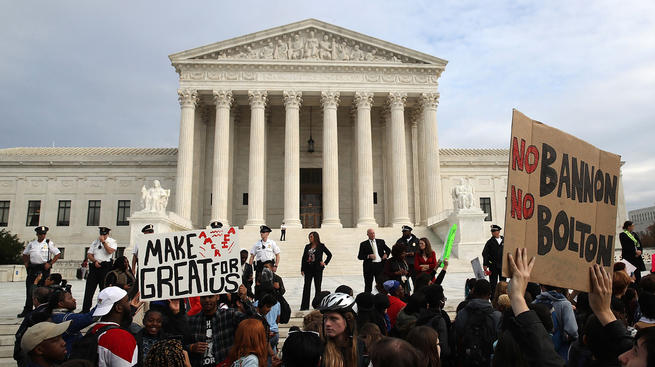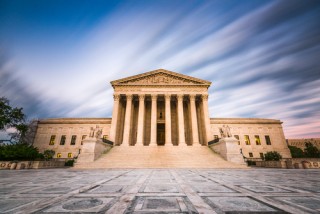Source : Wall Street Journal News
By : JESS BRAVIN
Category : Bail Bondsman in Sanford , Bondsman in Seminole County
The Supreme Court appeared skeptical Tuesday of Texas legal rules that permit execution of convicts who are considered intellectually disabled under current medical standards. The factors that Texas courts employ “are really intended to limit the classification of those persons with intellectual disability as defined by an almost uniform medical consensus,” Justice Anthony Kennedy said at legal arguments in a case involving a Texas man condemned to death. That remark could spell defeat for Texas, as Justice Kennedy typically casts the deciding vote in death-penalty cases. In 2002, he joined a 5-4 majority to rule that executing the intellectually disabled violated the Constitution’s prohibition of cruel and unusual punishment. Two years ago, he wrote the majority opinion invalidating as too rigid a Florida rule that automatically defined defendants with an IQ score above 70 as possessing adequate intellectual ability to be executed. Two liberal justices, Sonia Sotomayor and Elena Kagan, offered withering criticisms of the Texas system, which they characterized as relying more on a state court’s guess about what “a consensus of Texas citizens” might believe constitutes intellectual disability than the professional judgment of psychiatric experts.
Two other liberals, Justices Ruth Bader Ginsburg and Stephen Breyer, have suggested that the death penalty may be so riddled with unfairness and error in its application as to be unconstitutional. Justice Breyer indicated that Tuesday’s case supported such concerns, saying subjectivity that affects deciding “borderline” cases of intellectual disability could lead some states to execute a defendant whom other states would exempt. “Point me to something that will tell me how a district judge should go about making this determination in borderline cases,” Justice Breyer said. “My suspicion is that there is no such thing.” Justice Samuel Alito, a conservative supportive of the death penalty, said the lack of a scientific precision in defining mental capacity suggested that it was a decision best left for states to clarify. “You’re saying the state is obligated as a matter of constitutional law to follow the organizations?” he asked Clifford Sloan, the lawyer representing Bobby James Moore, who is sentenced to die for killing grocery store clerk James McCarble during a 1980 robbery.
Mr. Sloan said that if the state departed from the professional consensus, it needed “a sound reason for doing so.” He argued that Texas uses a narrow definition “only in the death-penalty context, in no other intellectual-disability context.” Texas Solicitor General Scott Keller said that while the state didn’t feel obligated to adopt current psychiatric standards “wholesale,” Texas courts used legitimate factors to determine who has the mental capacity to be eligible for execution. “It is valid for a state to have a different definition of when someone is morally culpable under the Eighth Amendment versus when someone should be able to get social-services benefit,” he said. The Texas appellate court has set the standards for assessing intellectual disability based, in part, on a 1992 professional manual. The most recent edition of the Diagnostic and Statistical Manual of the American Psychiatric Association, known as DSM-V, was published in 2013.
Read more : wsj.com/articles/supreme-court-hears-arguments-on-texas-death-penalty-rules-1480460485
